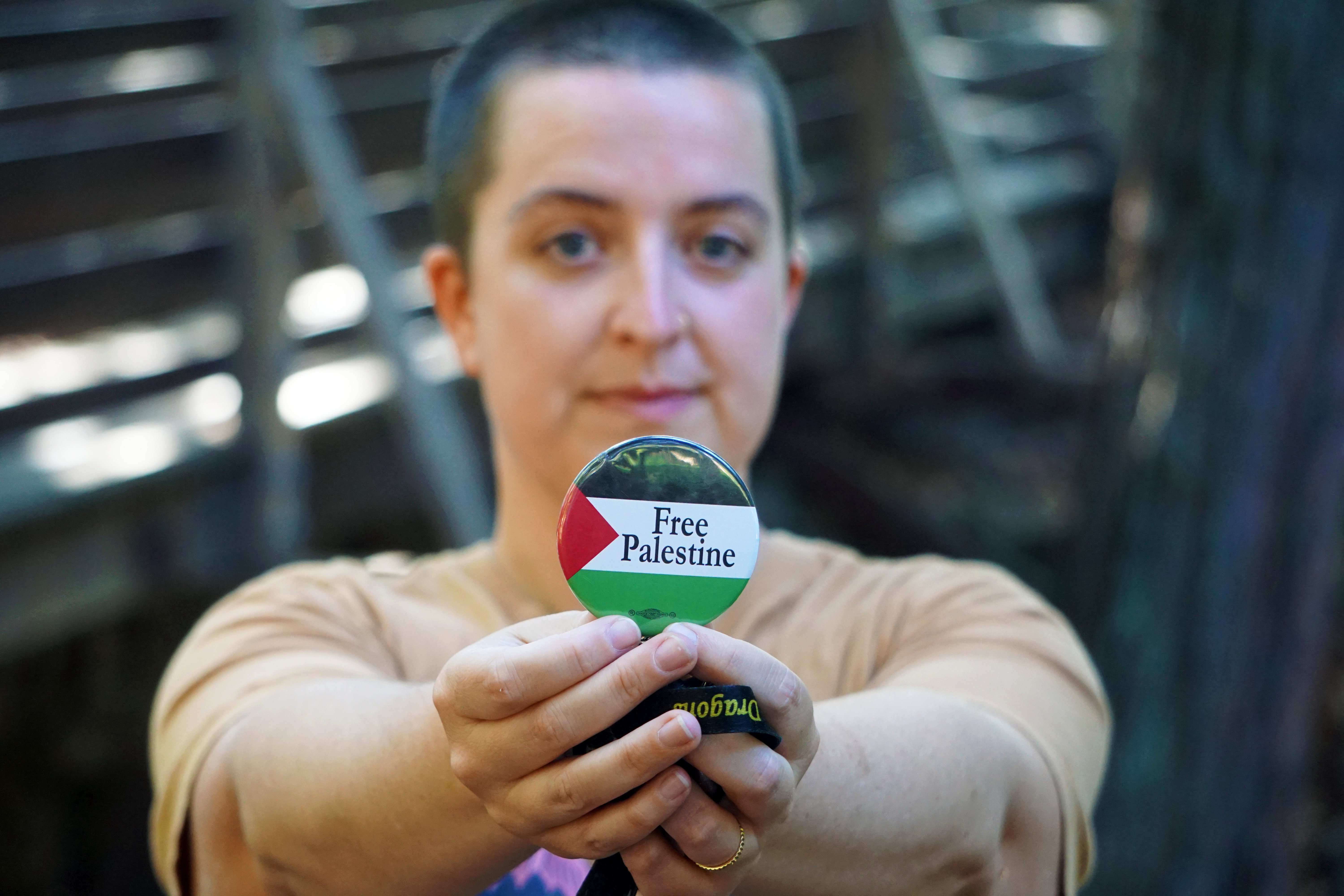Muni scrambled Monday to assure riders of the safety on its new fleet after the graphic video that showed a woman’s fingers get jammed in the train door and being dragged onto the tracks.
Muni announced a plan to temporarily disable the rear double doors on its new cars while the investigation is pending.
The city transportation authority is also putting off its $63 million plan to rush more LRV4 cars into service until it gets to the bottom of what happened on April 12, the videotaped incident that Mayor London Breed addressed Monday.
“It was upsetting and we needed to respond right away so we can make sure that doesn’t happen to anyone else again,” Breed said.
The mayor had not, however, seen a separate video shot by NBC Bay Area’s Investigative unit of Muni’s acting transit director herself getting her hand caught in a closing door as she demonstrated the system last week.
“Safety is the most important thing,” Breed said, “and so this is information that you have and I have different information -- that the trains that we have in service are trains that actually work effectively.”
Still, soon after the mayor made those comments, Muni announced stepped up safety measures, including using a fleet of ambassadors, social media and public service announcements in the main subway to remind people to stay clear of doors as they close.
Local
They also announced an unusual precaution: Muni is disabling, for now, the rear doors on all 68 new cars. While the agency concedes that could mean headaches, the goal is to make sure operators concentrate on the front door and make sure it is clear before starting off.
“We’re taking the back doors out of service temporarily while transit staff further investigate and really make sure that the safety of our passengers is our number one priority,” said Muni spokeswoman Erica Kato.
Supervisor Aaron Peskin says Muni has yet to answer a series of questions about the doors as well as the recent fracture of shear pins, which perform a vital safety function of blunting the impact force on linked cars during collisions.
Peskin said he was told Muni now wants to delay Tuesday’s scheduled vote before the Board of Supervisors on its $63 million plan to help rush 150 new cars into its fleet, on top of the 68 new cars that been in service since late 2017.
“They are going to ask for a continuance so they can answer those questions,” Peskin said. Muni’s spokeswoman Kato, meanwhile, says riders should soon start hearing public service announcements and seeing those ambassadors on subway platforms in coming days.



